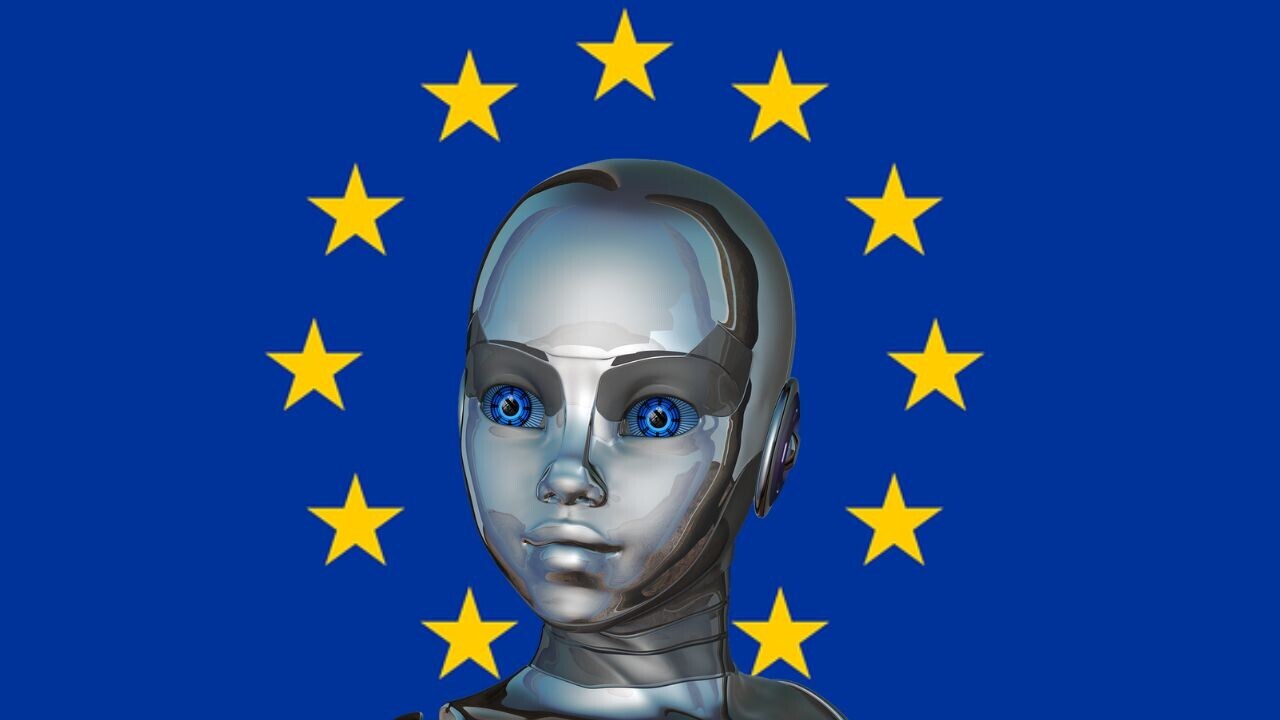
The EU is falling behind its digital transformation goals for 2030, according to this year’s State of the Digital Decade report by the European Commission.
The bloc has set four main targets: the digital transformation of businesses, the boost of its digital infrastructure, the cultivation of digital skills, and the digitalisation of key public services and health records.
However, the Commission’s findings reveal that the current efforts of the member states are falling short of the EU’s ambitions across all target areas.
“Today’s report clearly shows that we are not on track to reach our targets on the digital transformation in Europe,” EU competition chief Margrethe Vestager said in a statement.
The report identified four main problems — and one cause for hope:
1. Digital skills adoption “alarmingly insufficient”
The current progress in digital skills uptake is “alarmingly insufficient,” according to the report. Less than 60% of the EU population has at least basic digital skills, while the number of ICT professionals will reach just 12 million by the end of the decade — well below the 20 million goal.
2. Limited progress in connectivity coverage
Fiber networks, which are essential for fast speeds and to support technologies such as AI and IoT, are only available to 64% of European households. In addition, 5G networks currently only reach 50% of the EU’s territory.
To enable fibre and 5G connectivity across the entire bloc, the EU said it needs an additional €200bn in investments.
3. Heavy reliance on third countries
Some 80% of the technologies and services needed for the EU’s digital transformation are developed in third countries.
European businesses are also struggling to gain a significant foothold in the global tech market. Only three EU-based companies are among the top 50 ICT players by market capitalisation: ASML, SAP, and Schneider Electric.
4. Business uptake of digital tools is slow
Europe’s companies are lagging behind in adopting essential technologies such as AI, cloud computing, and big data.
In 2023, the use of these technologies fell far short of the 75% target set for 2030. If the trend continues, only 64% of businesses will use cloud, 50% big data, and 17% AI by the end of the decade.
The digital transformation of SMEs is also progressing slowly, with a yearly increase of 2.5% — half of the growth rate needed to achieve the target.
Cause for hope: semiconductor revenues and quantum tech
While the global semiconductor industry experienced a significant 14% decrease in revenue between 2022 and 2023, the EU market demonstrated resilience with a 3% decline — dropping from €90bn to €87bn.
The EU also expects to have its first quantum-accelerated computer already this year, with the initial target set for 2025.
Call for investments and cooperation
The European Commission has now updated its recommendations for each individual member state, which will have to review and update its national roadmap before December 2024.
The recommendations focus on “investments, cross-border cooperation, completing the Digital Single market, [and] boosting the take-up of key technologies such as AI,” said Thierry Bretton, Commissioner for Internal Market.
Get the TNW newsletter
Get the most important tech news in your inbox each week.





